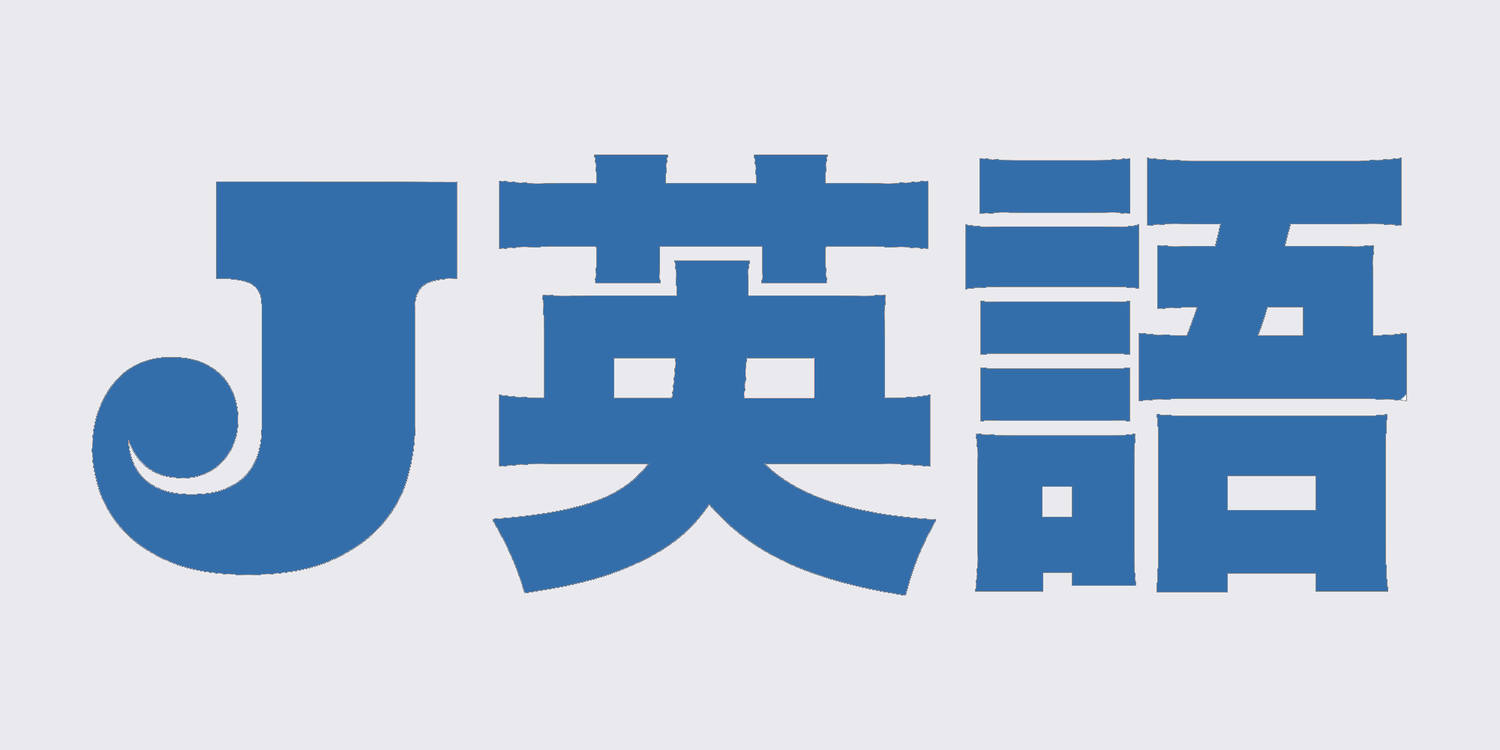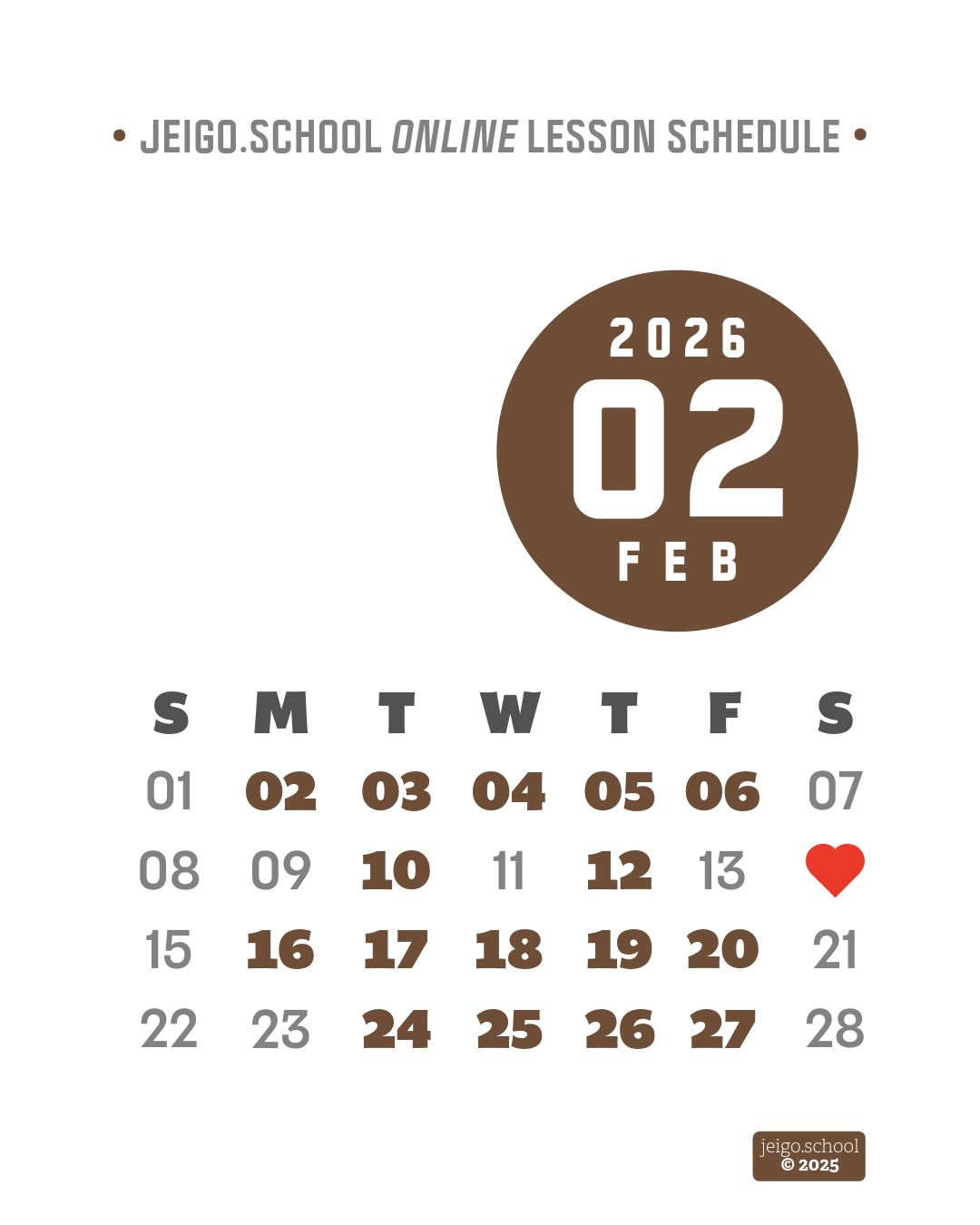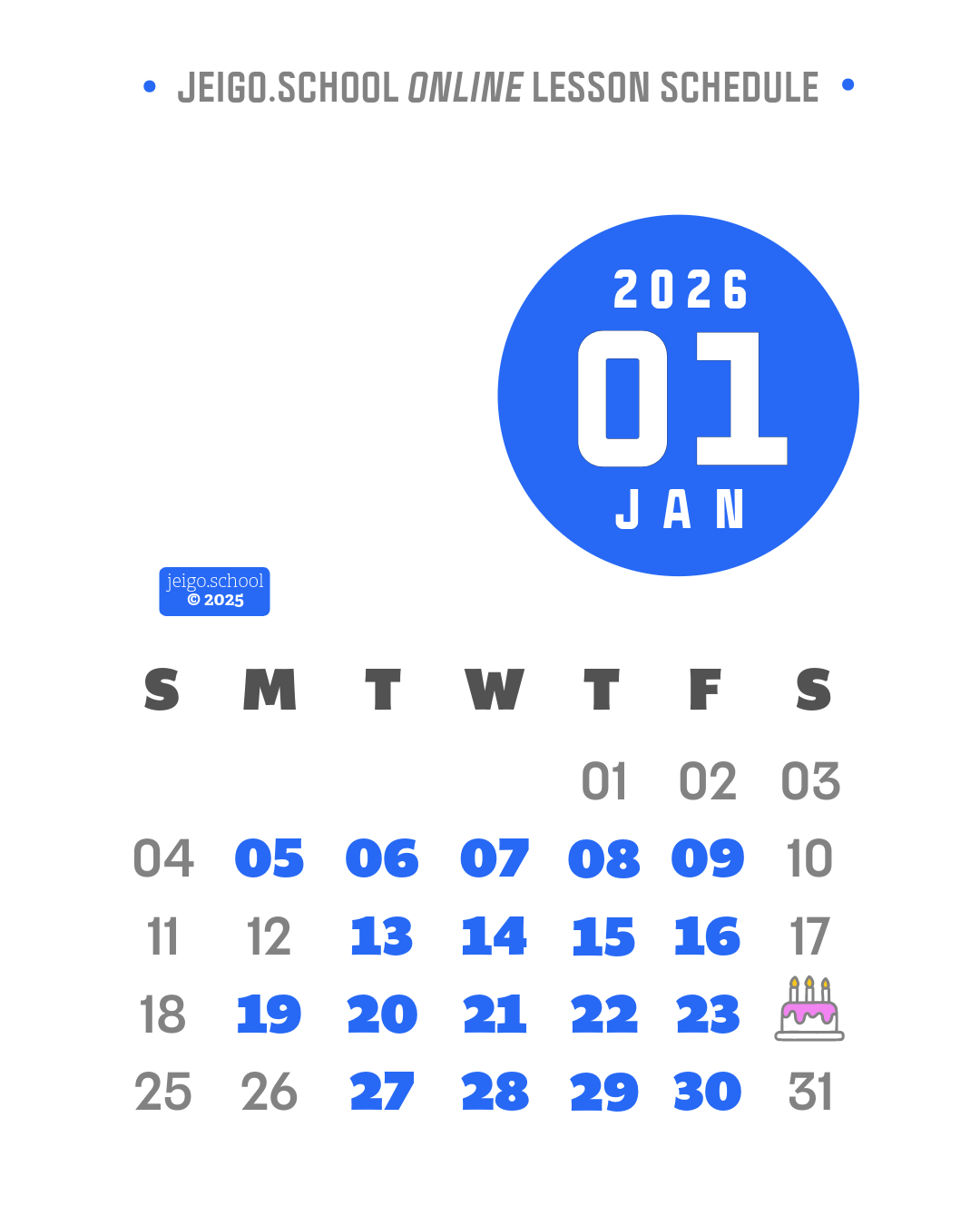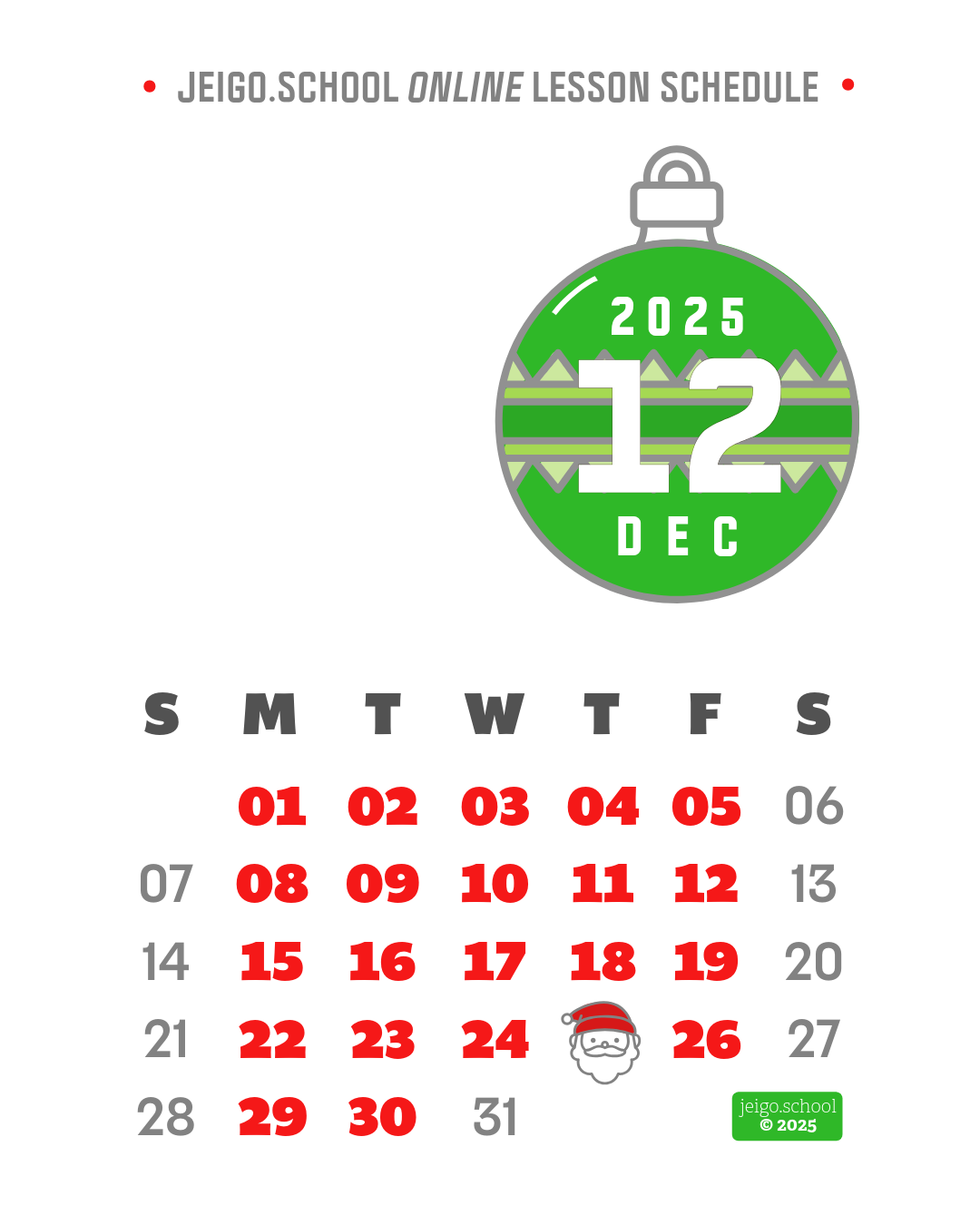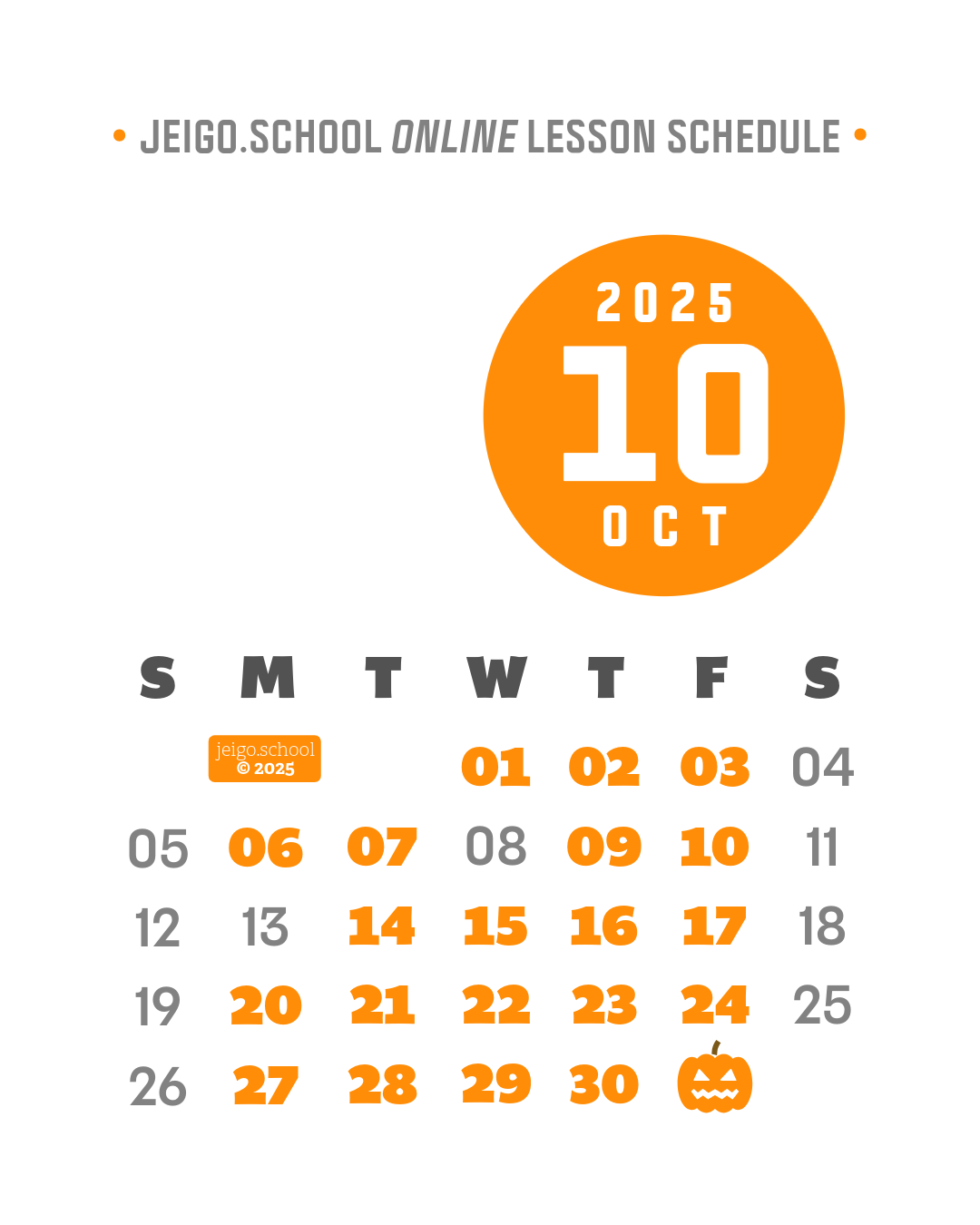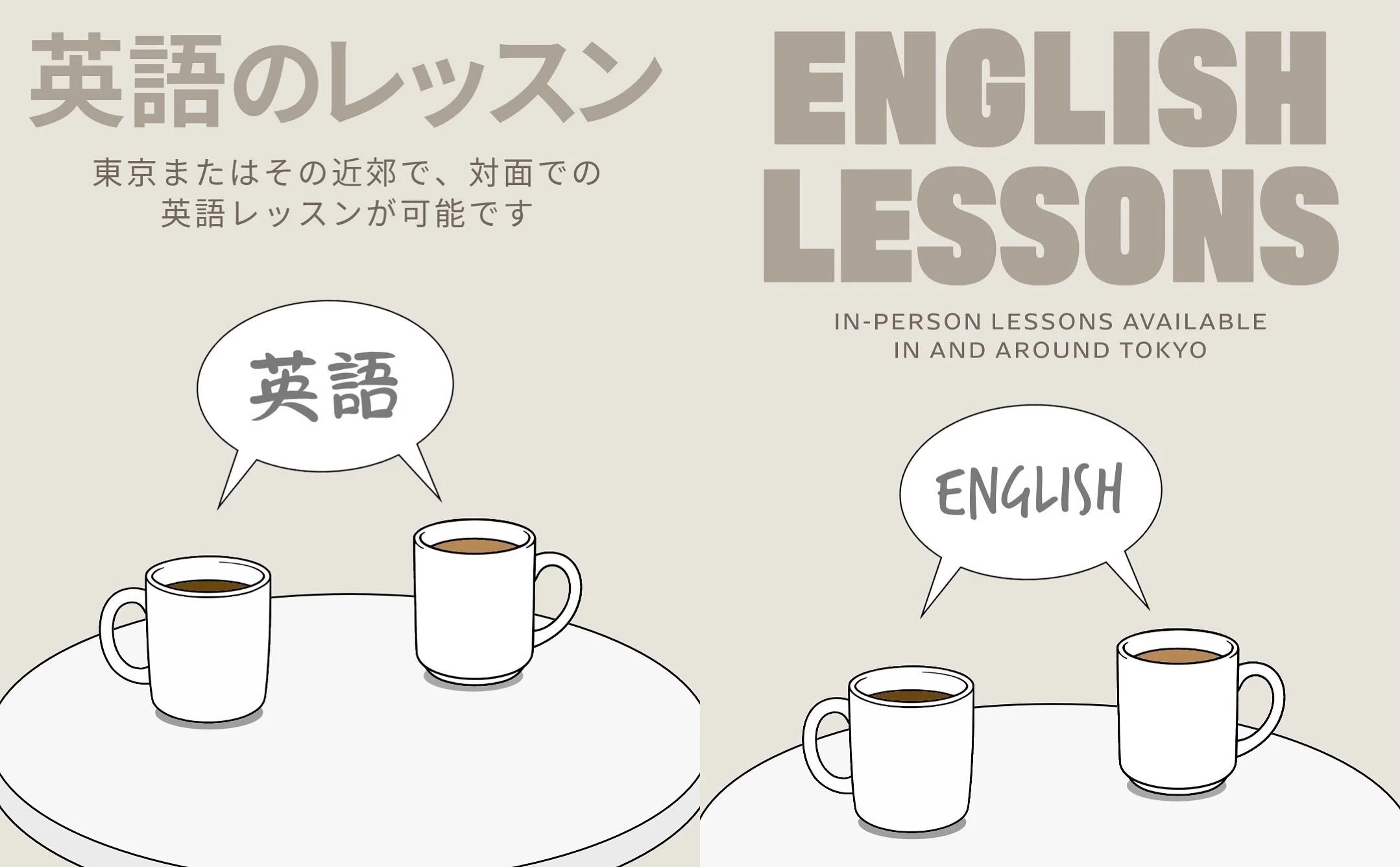Izumo’s Taisha
I went to Izumo-Taisha for my birthday, and it was truly stunning – a beautiful place with perfect (fortunately!) weather. If you’ve never been there, I strongly recommend visiting.
You can even walk to the coast in only about 15 minutes – which I also did, and froze to death.
終
2025’s Random Phrases
A few years ago, I began to collect interesting phrases I heard, read, or thought of myself. Each time I encounter a new one, I add it to the Apple Note I keep (in this case, titled “2025 Random Phrases/etc.”). This is the best thing I do every year.
Some of these are funny; some are creative or inventive; some are outdated ways of speaking; some have a lovely rhythm when spoken; some even border on nonsense. Some are taken from podcasts; some are from magazine or newspaper articles, or books; some are from conversations or my own thoughts; a few are from old advertisements; at least one is taken from a song. The only thing they have in common is that they struck me, in some way, as interesting when I encountered them.
Here’s the list from 2025, 110 phrases in all:
–––
The semantics of a hole
Intense sensitivity
In almost documentary starkness
Under pressure of haste
Not important yet indispensable
Enjoy the altogether unimportant
Rinsed of emotion
The philosophy of violence
All business, no bullshit
Haul ass while seated
A mustache of distinction
Margins shoved into options
Forget the busy looms of Yemen
Twice and in two varieties of coin
For a more just and verdant world
Pulling for the canary girls
Robust solder
Braids of genius
Some of that has everything to do with….
Someone from a different cloth cut
Germanic barbarians in formerly Roman territory
He wore a terrible air
A local superiority
The speed of a marching man
Separate and discrepant
A natural Morant
Non-moving in quietude
I skimmed what I didn’t read
Ruinous vs trivial
They’re still there, and in very great danger
Candles and cookies
Shined up and made faster, and then enshitified
Old-timey spoiler
Post-crime communication
The Hero-Heel Spectrum
A real Fredo situation
Fulfill his sexual desires, protect his reputation, and conceal his conduct
Concrete and clear
Kill by category
Bleed France white
Cursing in unprintable French
Fetid, bloated, and greasy
Gas masks and coffee
Tried for pretend offenses
The rural disinterest of horseradish
To dwell on the personal
Futile battles fought with other people’s lives
The general gist
Blood and thunder
The changing mentality of an aging man
He is gone on canned heat
Blessing something public and papal
Omniscient sheepdogs
A lot of toast, fast
They’re all slipping on the same snow
Closer together, but harder to hit
The dark, the naked, and the lone
She was broad in the beam
There was such poverty and filthy in the furnishings
Flesh-colored Christs
Incorrect perspective in an unappealing art style
Asparagus Nicht, Kuchen Ja
The language of gestures and postures
She was in a small outfit
Barefoot and born free
Ambiguities and equivocations
Fry some burgers, make some friends
Do we, should we
My battery is low and it's getting dark
Pin-headed and Hell-bound
Being upset at a surprise
Questionable knee
Different sources, different claims
Catchin’ soup
Available in 6 sizes: tube, quarter-pint, half-pint, pint, quart, and gallon
Be sociable, have a Pepsi
Trim in looks and fit for fun
Five hundred and fifty penalty units
The circumnuclear disc
Liquid luncheonette fountains
For all female complaints
And the boy is facing East
E-mail, air mail, and the telegraph
“Haste, post, haste”
Wake the sleeping and send the awake to sleep
Terrible contrast and bad black levels
A mash and pound team
Using unlawful means to bring us out of distresses
Separating the sacred from the domestic
Commercial eggnog
Tap, dip, or swipe
A registered resident
An airy falafel
Clip it, ship it
In the stupidity moment of waking
At a jerky trot
Endless discussions on the very wettest days
When she bent her loving face down
Almost impolitely silent
The song of mankind imprisoned
Felt like machine oil mixed with iron filings
In a fit of spleen
Born to an independence
A submission of the fancy to the understanding
Not lazy; incoherent
Against the scruples of his own civility
In tall indignation
As much her superior in sense as in situation
Nonsense, errant nonsense
終
2025.09 Schedule
Here’s my schedule of available days for online lessons in September.
As always, if you’d like to have a lesson on an unavailable day, just send me a message.
終
It Occurred To me….
I’ve been spending my free time (when not fighting Covid-19 nearly to death or getting run over by cars) making ads for this place. I’m enjoying the creative outlet and the ads are otherwise just entertaining to make. But they haven’t been a roaring success. (It would help if giving Facebook money to advertise on Instagram didn’t make me feel dirty and ashamed….)
About a week ago it dawned on me that I might also make an ad or two for in-person coffee shop lessons, since I do those as well. Plus, since one of my private students is taking a couple-month break to study for an exam, I have a bit more time for such lessons, should any arise.
I made the first ad, which featured talking coffee cups because I cannot draw people, and was posted in Japanese and English versions, and had nearly-immediate interest:
So I decided to make another, also in Japanese and English versions:
Being creative is hard work. My brain feels cooked and these aren’t even very good. It’s no wonder so many actual artists are nuts.
終
